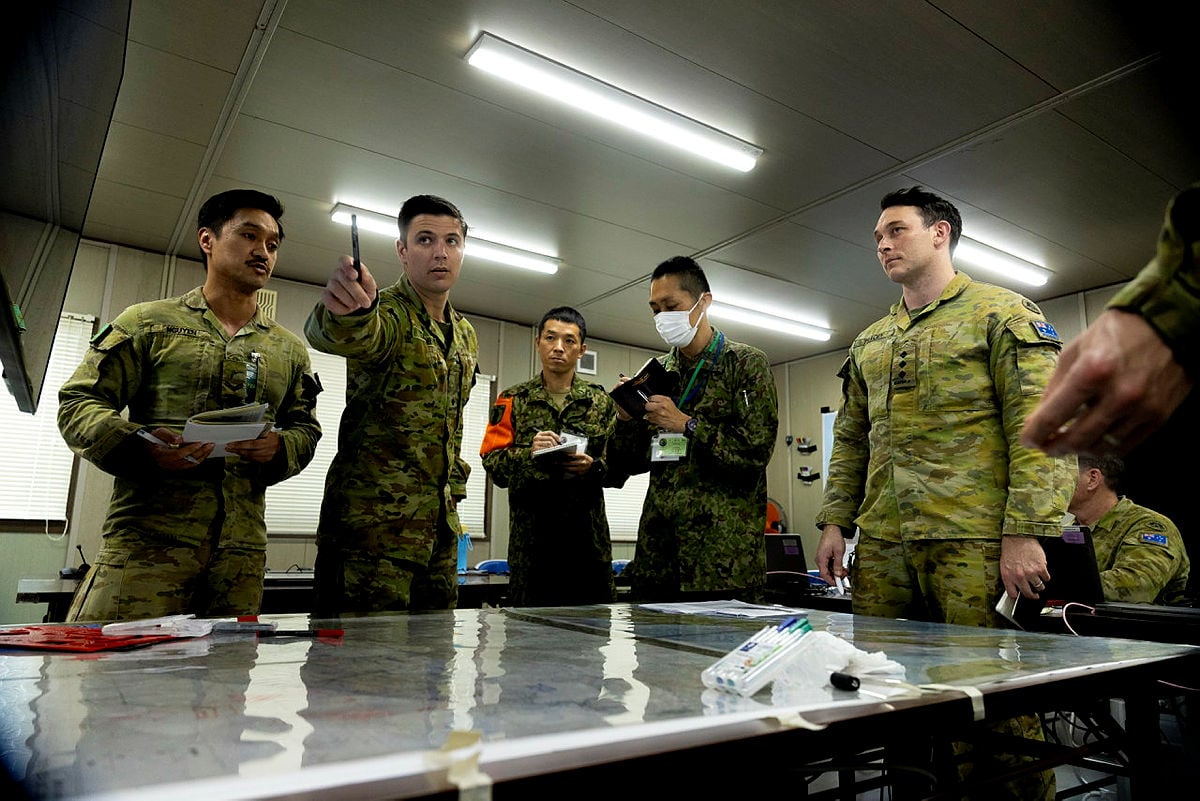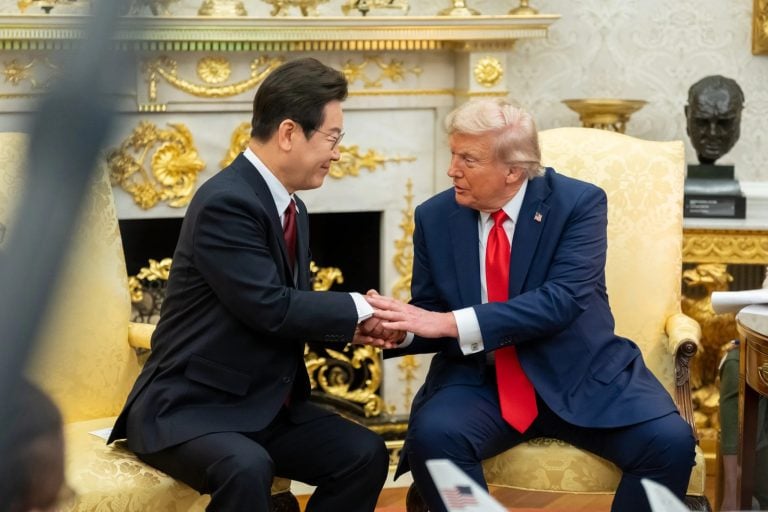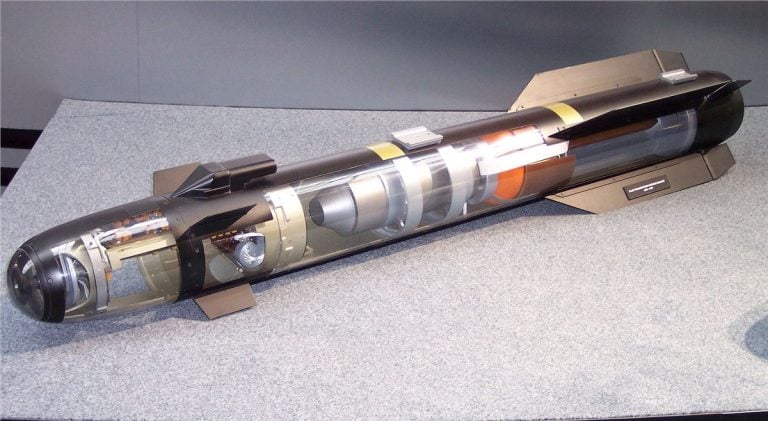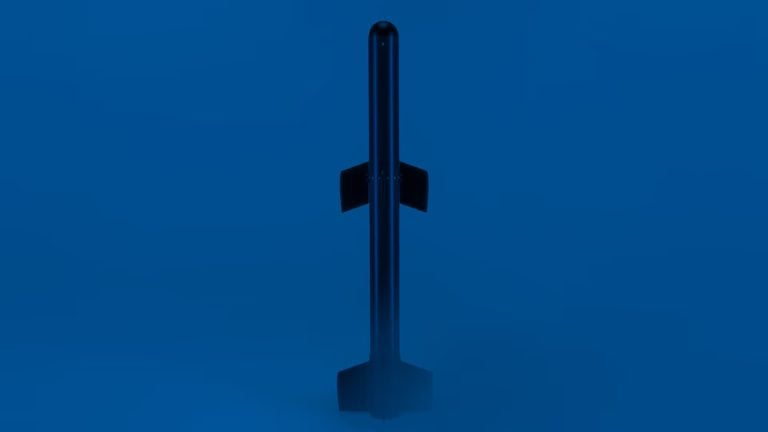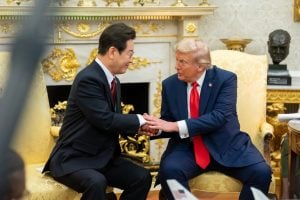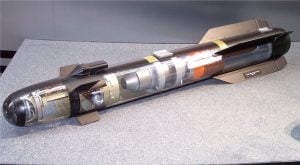A strategic defense agreement set to be finalized this week could pave the way for Papua New Guineans to serve within the Australian military. The announcement from Canberra highlights an increasing focus on countering China’s growing influence in the Pacific region.
The pact will be officially signed on Wednesday in Port Moresby by Australian Prime Minister Anthony Albanese and Papua New Guinea Prime Minister James Marape, coinciding with events marking the 50th anniversary of Papua New Guinea’s independence from Australia. Australian Defence Minister Richard Marles labeled the agreement as “historic,” indicating a significant step in military collaboration between the two nations.
Marles pointed out that Australia’s military had begun allowing foreign nationals from countries such as New Zealand, Canada, the United Kingdom, and the United States to join since last year. “At the time, we said we would have an eye to the Pacific,” he stated, adding that the planned signing with PNG aligns with that vision. He emphasized, “There’s more work to be done in terms of walking down that path, but we certainly are interested in how we can recruit Papua New Guineans directly into the ADF,” referring to the Australian Defence Force.
This agreement builds upon a broader security pact signed between Australia and Papua New Guinea in 2023. Reports from Australian media suggest that the new deal would allow Papua New Guinean nationals to serve in the Australian military at equal pay with other personnel and could facilitate a pathway to Australian citizenship.
During a press conference in Port Moresby, Prime Minister Albanese described the agreement as an “upgrade in the relationship,” emphasizing its potential to enhance military interoperability, engagement, and overall security cooperation between the two nations. When questioned about potential sovereignty concerns, he reassured the public that “Australia deals with countries with respect,” asserting that respect for sovereignty remains a priority.
Papua New Guinea’s Defence Minister Billy Joseph echoed these sentiments, asserting that the deal would bolster regional security. “A secure Papua New Guinea is a secure Australia, and a secure Australia is a secure Papua New Guinea,” he affirmed.
Geographically significant, Papua New Guinea lies less than 200 kilometers from Australia’s northernmost border and is the largest state in Melanesia. In recent years, China has invested heavily in Pacific nations, allocating billions for infrastructure projects including hospitals, sports facilities, and roads. This strategy has yielded tangible results, with countries such as the Solomon Islands, Kiribati, and Nauru switching diplomatic allegiance from Taiwan to China.
In response to growing Chinese influence, Canberra has intensified its engagement initiatives throughout the Pacific. Just last week, Albanese was in Vanuatu discussing a prospective deal aimed at strengthening ties with the nation. However, complications arose, with Prime Minister Jotham Napat expressing apprehension that the agreement’s language might impede Vanuatu’s capacity to secure funding for critical infrastructure projects from other nations.
